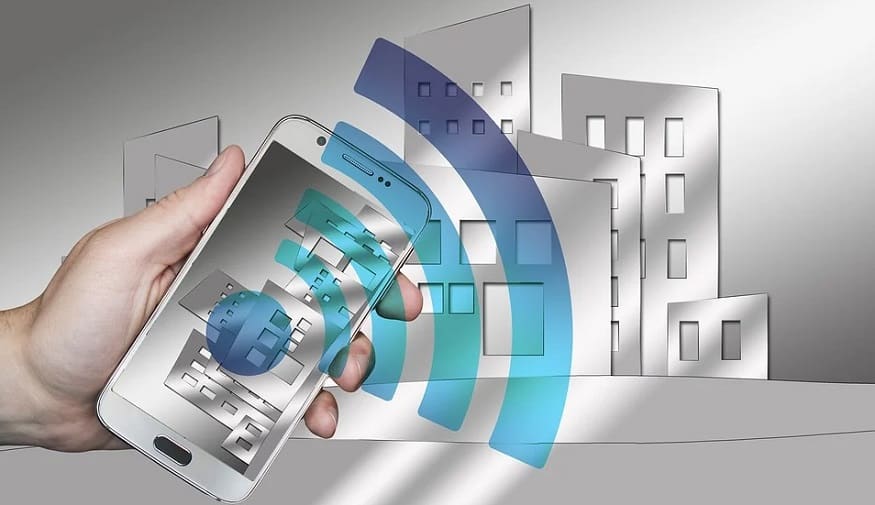The company uses geo-location data to help ensure users remain secure when scanning the barcodes.
Mobile security experts have their eyes on QR code fraud at the moment, since the barcodes have exploded in popularity due to their affordability, ease of implementation and ease of use for several purposes.
Quick response codes are used for everything from digital restaurant menus to mobile payments.
It is in the area of contactless mobile payments that experts are particularly concerned about the potential for QR code fraud. These have surged in use this year as people seek to avoid using credit cards and keypads that require physical contact with shared surfaces. Physical and social distancing practices are encouraging people to choose methods that don’t require them to approach others or touch surfaces that may have been touched by someone else. No contact options are therefore highly appealing.
Quick response codes have provided retailers and restaurants with a fast, easy and affordable way to upgrade their services, features and payment processes so that they are contactless. While NFC technology is an option, it requires consumers to have the right devices enabled with these chips and requires the retailers and restaurants to have point of sale (POS) infrastructure in place to read it. This is a clunkier and more expensive way of proceeding. QR codes, on the other hand, can be displayed and/or scanned by virtually any smartphone, even older models.
The issue is that this opens businesses and consumers up to QR code fraud, but Incognia seeks to overcome it.
Incognia recently announced its frictionless fraud prevention solution designed for contactless payments. It seeks to improve the security associated with using quick response codes through the use of their location behavioral biometrics platform. This has the potential to make it more secure for consumers to use these barcodes for payments whether P2P, remote or in-store.
The solution would be integrated into a retailer’s own iOS and Android mobile apps as a mobile SDK. This way, it would be incorporated into the business side, instead of requiring each individual consumer to take steps to boost their security. Once in place, the QR code fraud detection option is meant to work through the use of location  intelligence from network signals and on-device sensors. This makes it possible to enable real-time user location behavior verification.
intelligence from network signals and on-device sensors. This makes it possible to enable real-time user location behavior verification.

